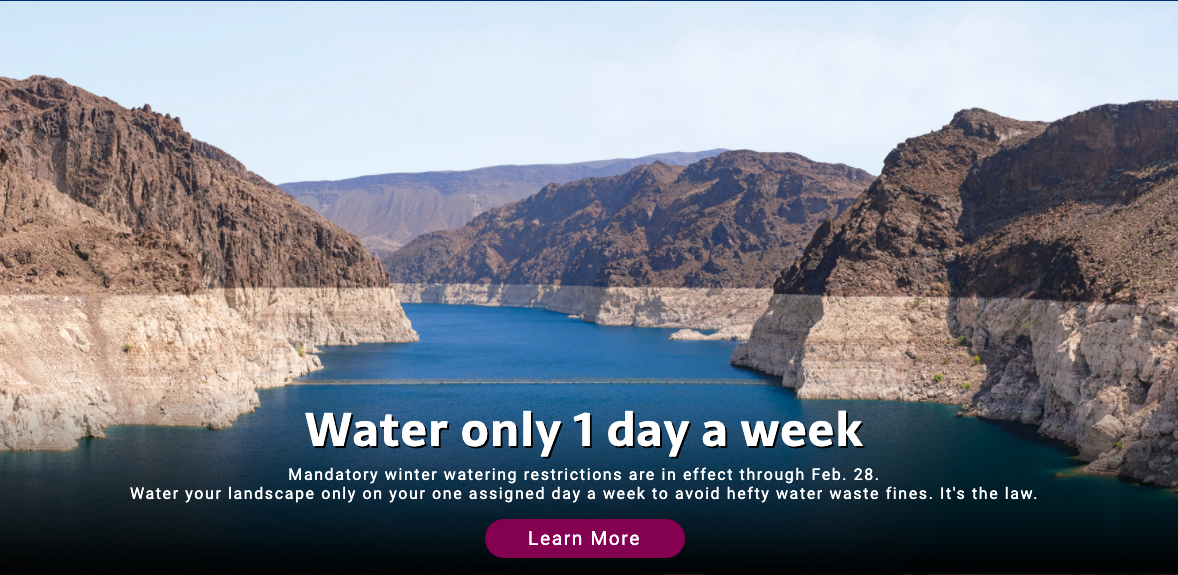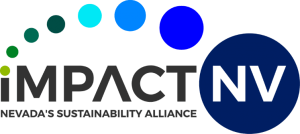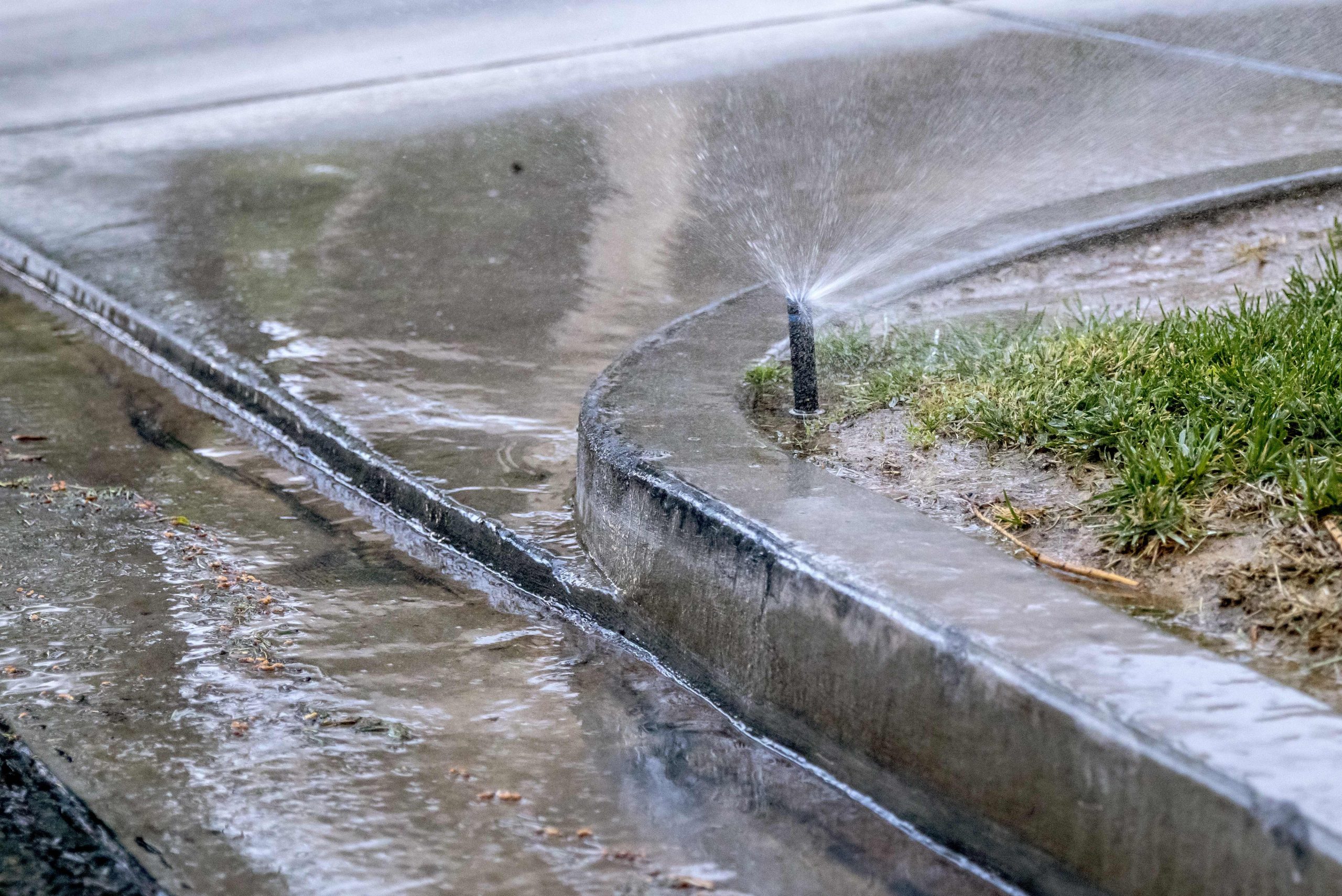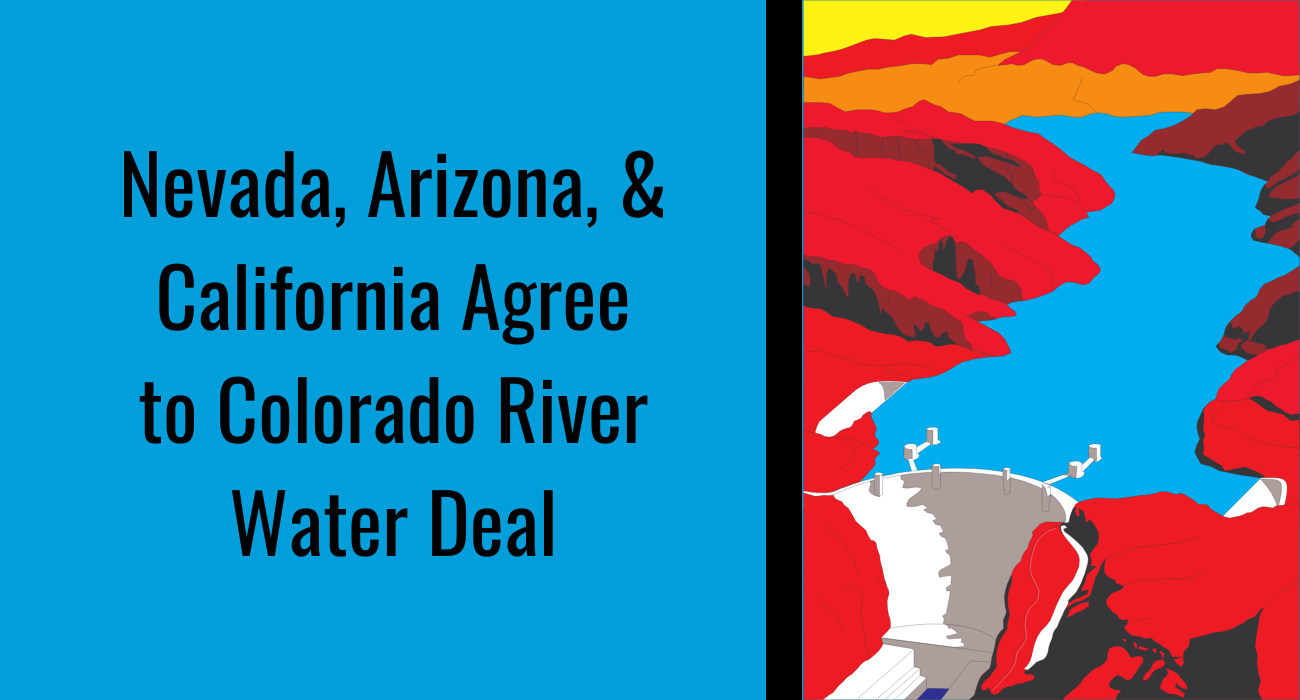
The federal government’s recent declaration of a water shortage on the Colorado River—which will cut the amount of water Southern Nevada will be able to draw from Lake Mead by about 7 billion gallons beginning Jan. 1, 2022—underscores both the severity of the effects of climate change on our water supply, and the overwhelming importance of conserving water to maintain our community’s sustainability and economy.
Because Southern Nevada reclaims and reuses all indoor water use—which stretches the community’s limited water resources—outdoor water conservation has been the community’s primary focus. For the past 20 years, the Southern Nevada Water Authority (SNWA) has maintained one of the nation’s most progressive and comprehensive water conservation programs, and chief among them is the Water Smart Landscapes Rebate program (WSL).
With WSL, residents and businesses receive a cash incentive of up to $3 for each square foot of spray-irrigated grass they replace with water-efficient, drip-irrigated landscaping (some program restriction apply). Since its launch in 2000, Southern Nevada has replaced than 200 million square feet of grass, saving of more than 10 billion gallons of water per year.
To further reduce outdoor water consumption, the Nevada Legislature passed AB356. The new law essentially requires non-functional grass—aesthetic grass found in streetscapes, medians, and parking lots where it serves no recreational purposes—to be replaced by the end of 2026. Approximately 4,000 acres of non-functional grass exists in the Las Vegas Valley. Replacing this grass with drip-irrigated trees and plants will save more than 9.5 billion gallons of water annually, equal to 10 percent of the community’s total water supply.
With landscape irrigation as the community’s largest consumptive-use of water, seasonal watering restrictions are enforced, limiting landscape irrigation to an assigned number of days per week, per season. Fall and spring watering restrictions limit outdoor irrigation to three assigned days per week, while winter watering is limited to just one assigned day. During the hot summer months landscape watering is prohibited on Sundays and between 11 a.m. and 7 p.m. To find your assigned watering days, visit snwa.com.
Reporting and preventing water waste is also critical in the wake of the federal shortage declaration on the Colorado River. Examples of water waste include excessive irrigation water sheeting onto sidewalks or flowing into the street, violating the seasonal watering restrictions, or failing to repair malfunctioning irrigation systems. Water waste fines start as high as $80 for the first violation and can double for repeat offenders.
Through sustained water conservation, Southern Nevada has reduced its consumption of Colorado River water by 23 percent since 2002, while our population has increased by nearly 800,000 new residents during that same time. The community has done a stellar job coming together to save water, but we have more work to do to stay ahead of the curve. To learn more, visit snwa.com.




